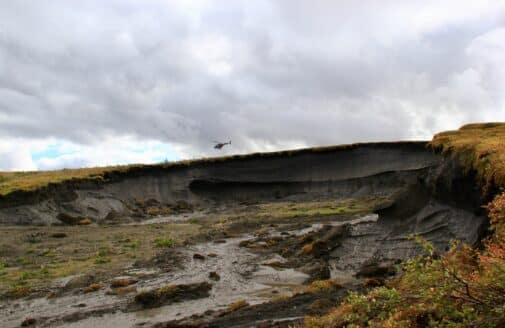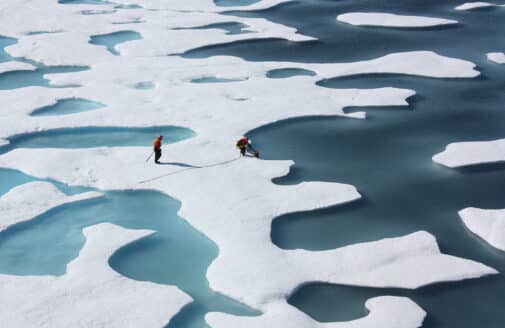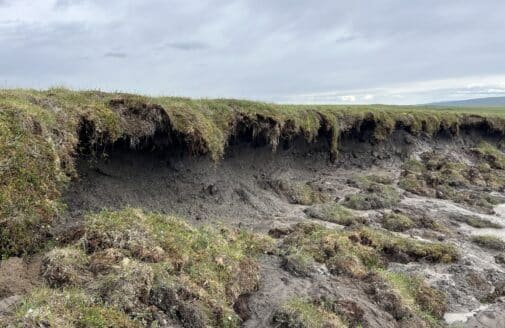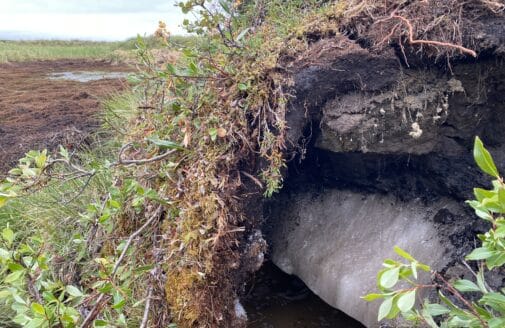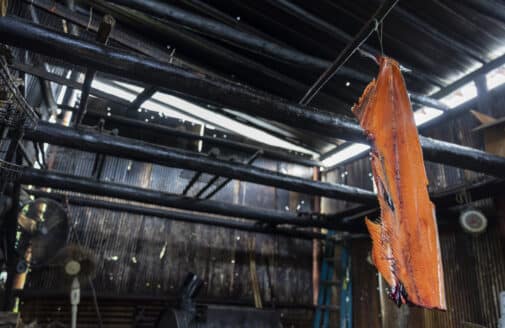New study links Arctic warming with severe cold spells across the Northern Hemisphere
Despite rapid Arctic warming, researchers find evidence for more severe and frequent winter in the future
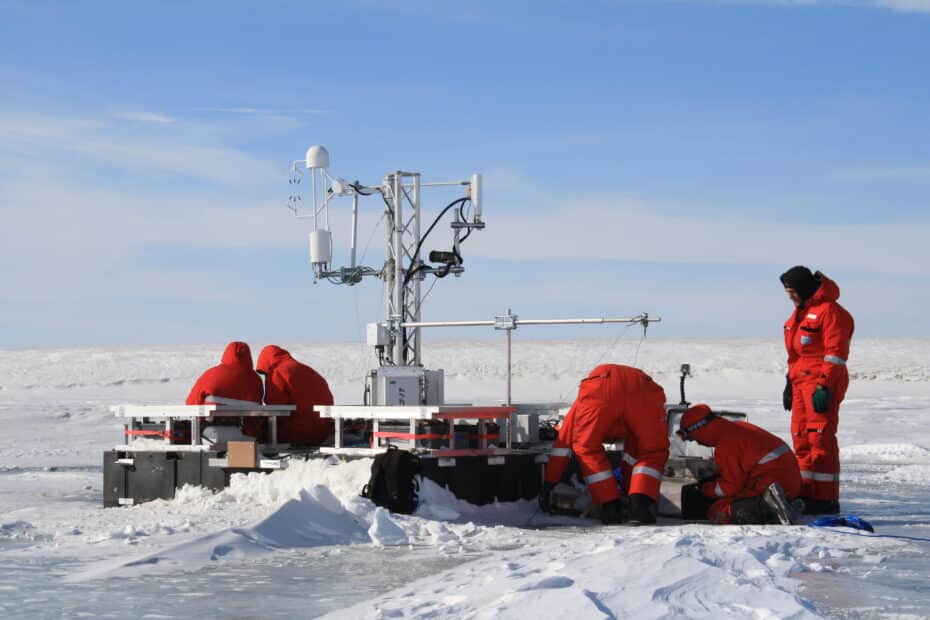
A measuring station in Siberia.
photo by Torsten Sachs
A new study, published in Environmental Research: Climate and co-authored by Senior Scientist Dr. Jen Francis, finds that despite abnormal warmth globally, and especially in the Arctic, severe winter cold-air outbreaks will continue, and perhaps become more frequent across the Northern Hemisphere.
“Even though the globe is warming and cold records are falling less often, we are still seeing surprisingly severe cold spells that sometimes last for many days and invade regions unaccustomed to severe cold,” said Dr. Francis. “It seems really counterintuitive, but there will be plenty of ice, snow, and frigid air in the Arctic winter for decades to come, and that cold can be displaced southward into heavily populated regions by Arctic heat waves.”
“In this comprehensive review of recent literature augmented with new analysis, we find the ongoing warming of the Arctic may provide an explanation,” added study lead author Dr. Edward Hanna.
The stratospheric polar vortex is a mass of cold whirling air that forms high above the Arctic surface in response to the large north/south temperature difference that develops during winter. During recent warm winters with a relatively warmer Arctic, however, this vortex has tended to weaken, which can disrupt the normal flow of the jet stream below it (a river of wind above northern midlatitudes) and lead to conditions called “blocking”, which in turn allow pockets of cold Arctic air to plunge much farther south than normal.
This review provides a new analysis of recent research that offers further clarity around these complicated interactions. According to study co-author Dr. Muyin Wang, “An improved understanding of Arctic-midlatitude climate linkages is likely to benefit seasonal prediction and extreme weather preparedness, as well as the understanding of climate change.”
Researchers also underscore the need for urgent action to address the climate crisis, and mitigate and adapt to the consequences of increasingly extreme weather. “The Arctic may seem irrelevant and far away to most folks, but our findings show that the profound changes there affect billions of people around the Northern Hemisphere,” said Dr. Francis. “To reverse these trends, and better protect our communities and our planet, we must take bold and rapid action now to reduce the burning of fossil fuels and the build-up of heat-trapping gases in the atmosphere. The tools to achieve this exist if we can muster the will.”
The study resulted from an international workshop held in Lincoln, UK, in 2023, and was supported by the International Arctic Science Committee, the World Climate Research Programme’s Climate & Cryosphere project and the University of Lincoln. The full text can be read here.




